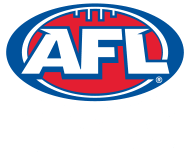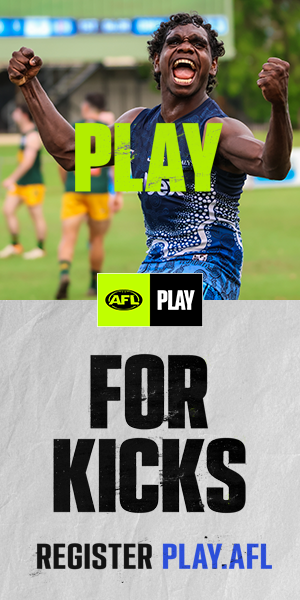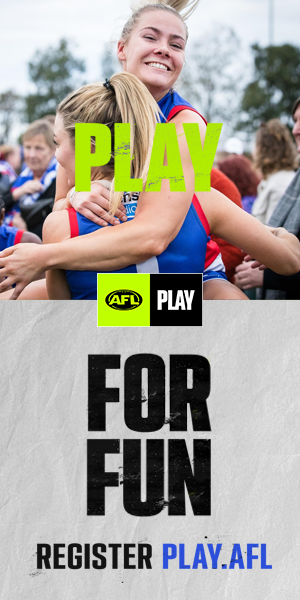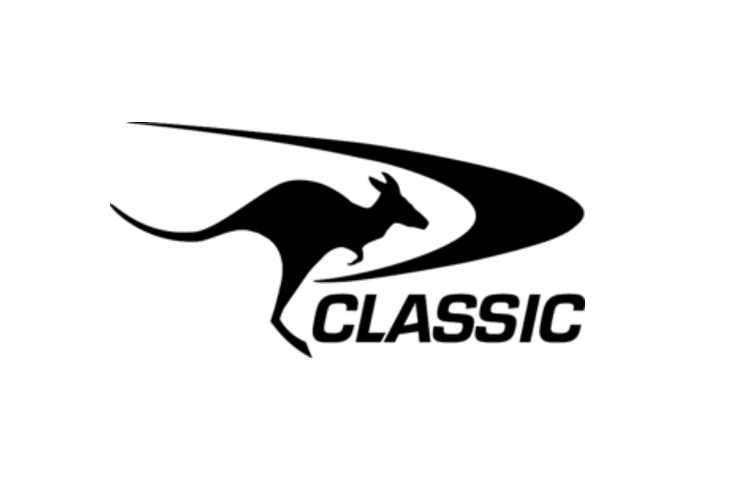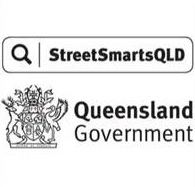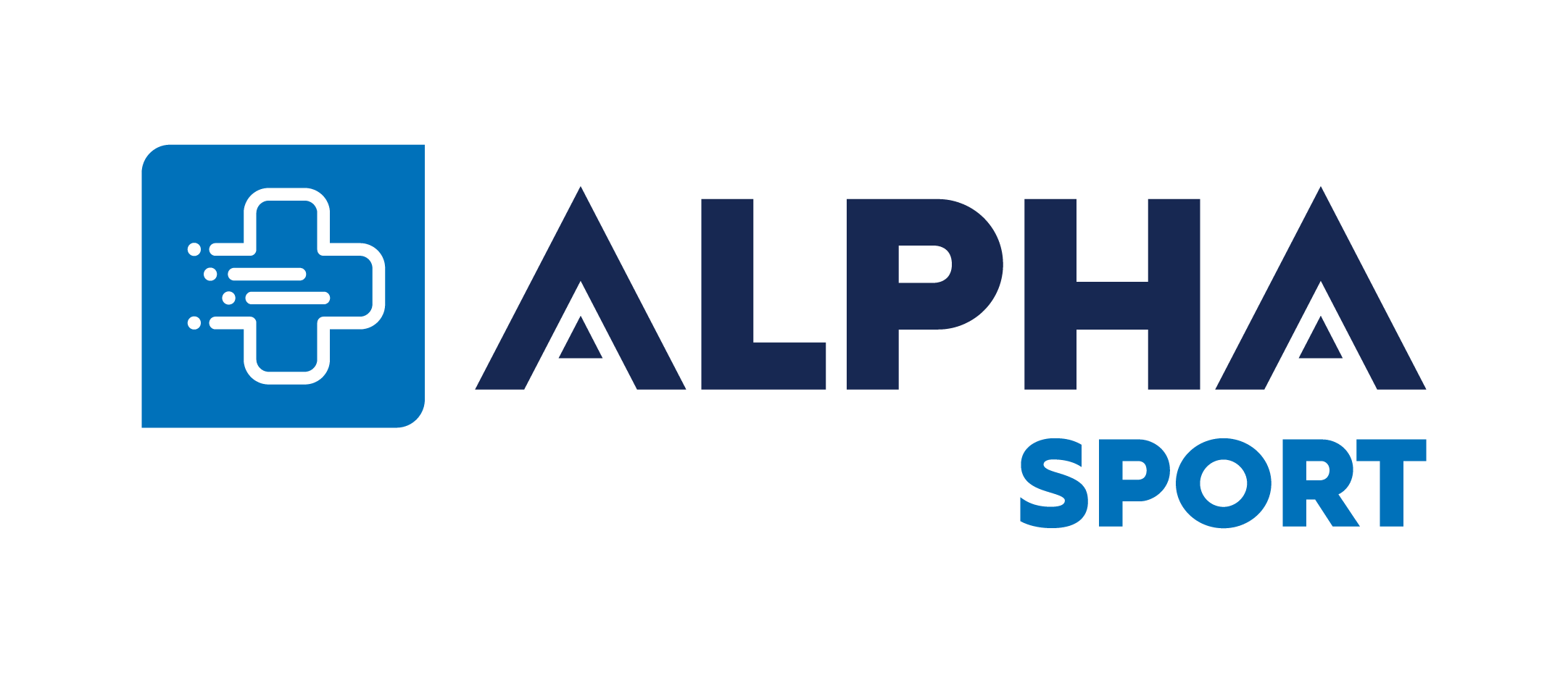There is plenty to celebrate at AFL Queensland (AFLQ) this International Women’s Day with more women and girls than ever involved in Australian football.
Madi Crowley-Long, who stepped up to become Women and Girls Community Football Lead last year and Jenna O’Hea, who has recently come board as Women and Girls Coordinator, are playing key roles in the growth of female football and working hard to achieve gender equity in the game across the state.
Madi Crowley-Long is a mainstay of women’s football in Queensland after playing in the state’s first South East Queensland Youth Girls Representative Team in 2007. She has transitioned successfully from playing to administration, having worked in AFLQ’s football operations team in Townsville and as a Development Coordinator in Moreton Bay before joining the Women and Girls Team in Queensland.
“I came through the female pathway as a player that was being built by Julia Price, Bree Brock and Kath Newman, so I’m really passionate about female footy and it’s really cool to have the opportunity to give back to women’s footy in Queensland,” Crowley-Long said.
“I’m very excited to be a part of the game and see it grow from when I started out playing.”
Retired professional basketballer Jenna O’Hea recently joined AFLQ following an incredibly successful career in the WNBL and WNBA. She represented Australia in more than 80 matches across 12 years and captained the Opals squad through the 2018 World Cup and 2020 Olympics.
“Being a professional female athlete can be really difficult so I’m super passionate about women in sport and creating more gender equity and better conditions, particularly in male dominated industries, so I’m really excited to be in this space,” O’Hea said.
“It is important girls know it’s not just a boy’s game anymore and they know there are other females around, so they feel safe and included in football.”
The pair is already progressing female footy in Queensland, delivering the AFL’s Women and Girls Action Plan as part of the overall Women’s Football vision for 2021-2030.
Phase One of the Action Plan was approved at Commission in May last year with more than $5 million in new investment committed to drive participation and representation for women and girls across all aspects of football, from playing to coaching, umpiring, and administering.
So far this year 25 per cent of community NAB AFL Auskick participants who have registered in Queensland are girls making it AFLQ’s highest number of female participants yet. For the first time this year there are also more than 30 girls only Auskick groups which is a huge step forward in attracting more girls to the game from a young age.
“The Action Plan is really focused on growing female participation numbers from the ground up with an emphasis on more girls playing NAB AFL Auskick, particularly with the introduction of the under nines competition, so we’re really excited to have more initiatives in place around that,” Crowley-Long said.
With the introduction of the girls only U9s competition last season, there is now a clear pathway for women and girls to play Aussie Rules in Queensland from juniors right through to seniors and even AFLW.
The number of female umpires has increased by 9.6 percent this year, with women and girls making up 17 percent of the total number of umpires in Queensland.
Approximately 100 female coaches have already registered for the 2023 season, with many initiatives and resources in place to support them including the BHP She Can Coach Women in Coaching Forum which gives community coaches the opportunity to work with AFL coaches in a match day simulation to develop their skills and grow their networks.
“We’ve come a long way since I started out in female footy and I’m really looking forward to seeing what we can achieve over the coming years as we continue to support our players, coaches, umpires and officials at all levels of the game to make it the number one choice for girls and women across the state,” Crowley-Long said.
By 2030, the AFL aims to have complete female pathways in all regions across Australia, 40 per cent female coaches, 40 percent female umpires and better gender balance in community club leadership positions.
Crowley-Long said the Women and Girls Action Plan was about creating sustainable and achievable steps towards the 2023 vision.
“It’s significant and I think the difference between equity and equality plays into it because we’re not starting from a level playing field and we don’t have the backing of 150 years of being the dominant gender in the sport so to have an action plan that’s purely focused on growing women in the sport I think it does create that equity we’re really chasing. It’s about trying to get us back on a level playing field where we should be, and I think that helps improve the game overall,” she said.
